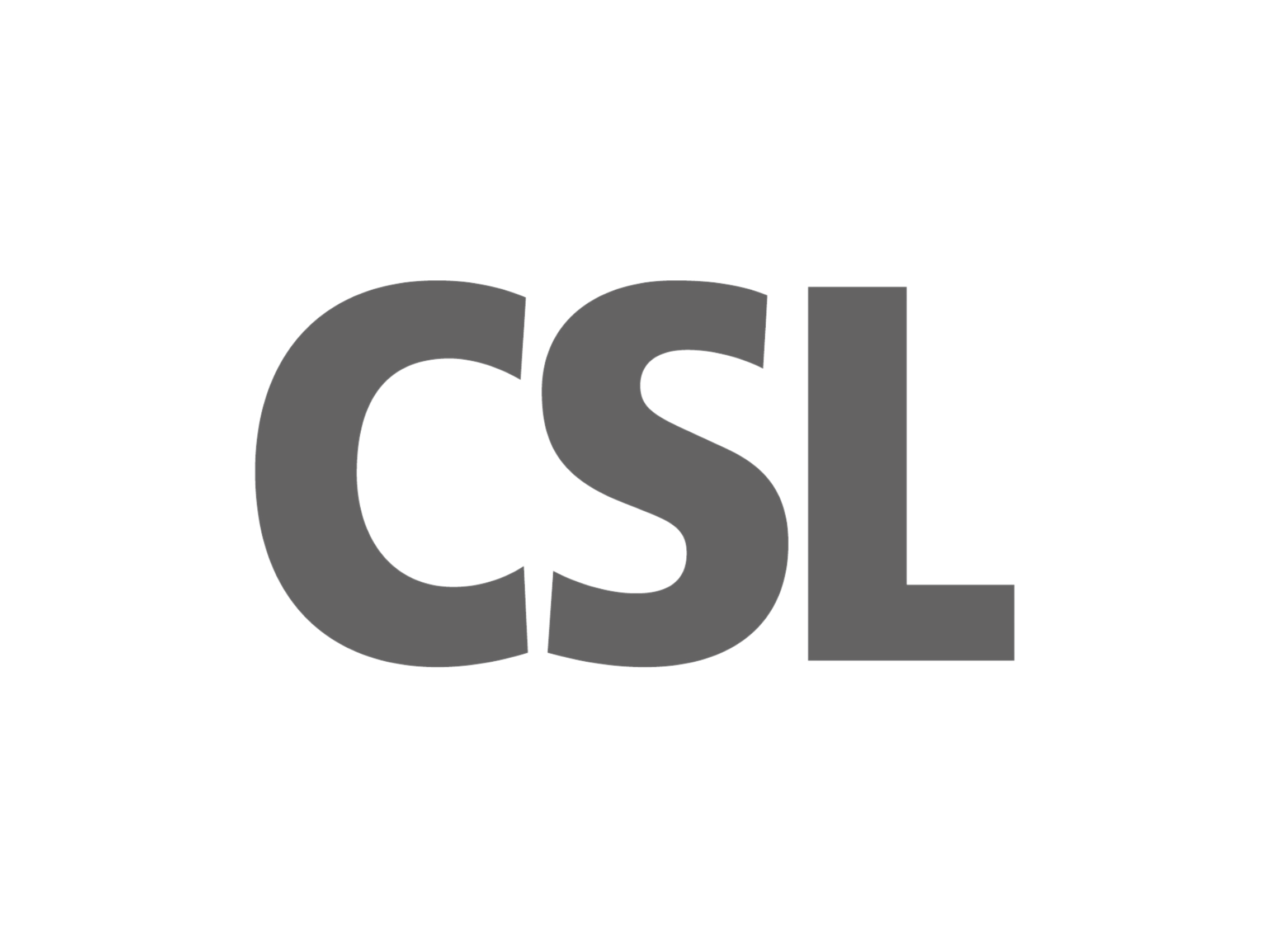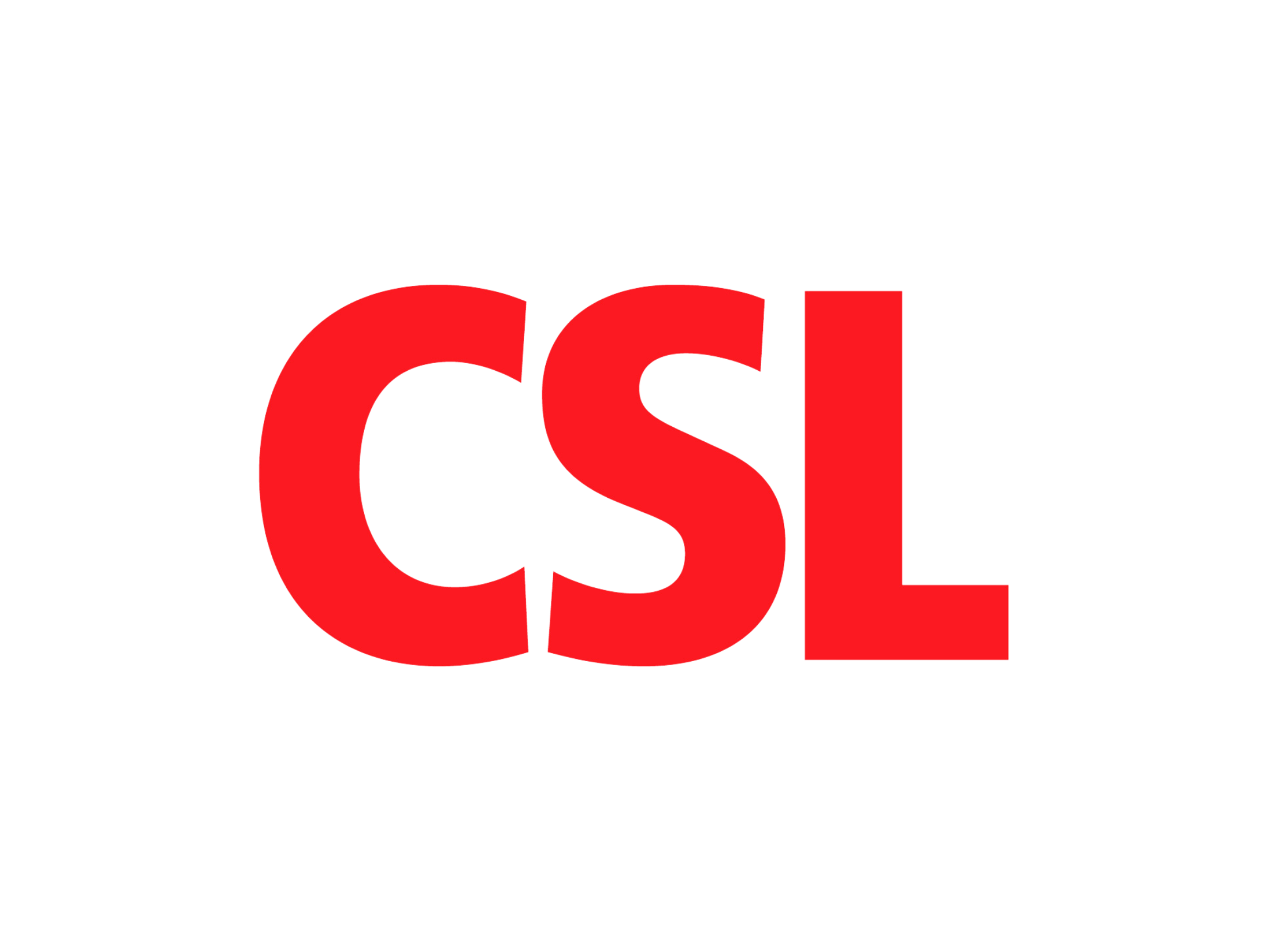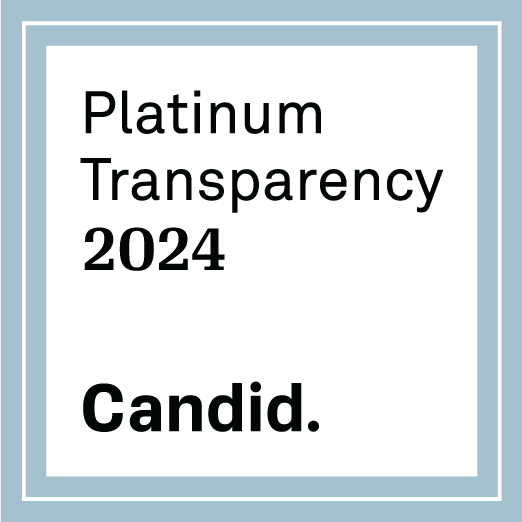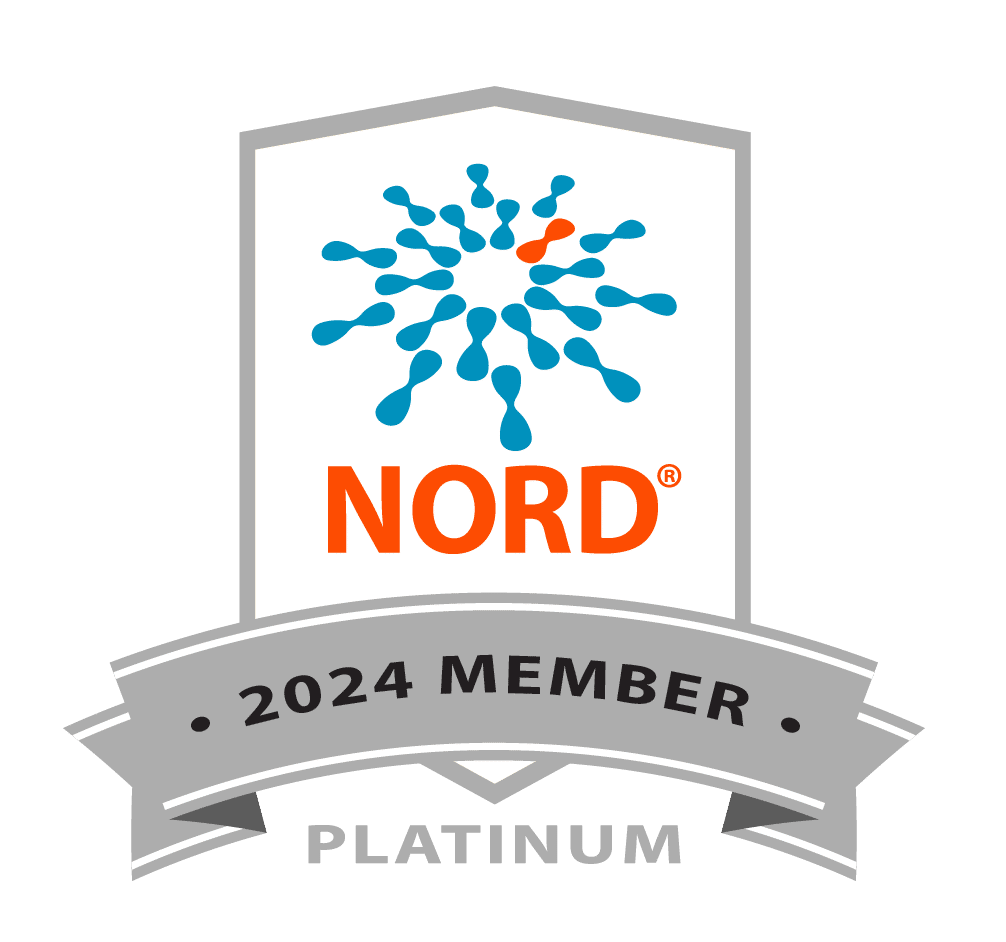June 30, 2021
The Honorable Alejandro Mayorkas
Secretary
U.S. Department of Homeland Security
RE: Concerns regarding donation of source plasma near the U.S.-Mexico border
The American Plasma Users Coalition (APLUS) writes today on behalf of the tens-of-thousands of Americans who rely on plasma protein therapies created by the manufacturing of source plasma to express concerns over emerging policy and practice changes that could notably limit the number of plasma donations along the U.S.-Mexico border and to ask that the status quo be maintained to ensure an adequate and stable plasma supply. We respectfully request that the Department place a hold on any such changes until the consequences of these actions are fully understood and that you meet with us, as patient end-users of these products, who would be most negatively impacted by this shift.
APLUS is a coalition of national patient organizations established to address the unique needs of patients with rare diseases who use lifesaving plasma protein therapies created from source plasma. APLUS member organizations share a common desire to ensure that the patient voice is heard when relevant public policies, regulations, directives, guidelines, and recommendations affecting access to safe and effective therapy and treatment are considered. Together, our coalition represents more than 125,000 Americans living with chronic disorders dependent upon plasma protein therapies for their daily living. APLUS and has always supported plasma collection standards and regulations that prioritize the safety of the donor and the safety of the eventual plasma user.
APLUS is deeply concerned about recent communications from U.S. Border Patrol and Enforcement representatives with plasma centers located in Arizona, Texas, and California near Mexico indicating that Mexican nationals holding B1/B2 tourist visas may no longer enter the United States to donate plasma. If this change in practice becomes a newly enforced policy, the effect will lead to a significant decline of source plasma needed to develop many lifesaving plasma-derived medications. The need for plasma therapies often out-paces the supply, and these donors have been able to donate plasma for over a decade making up a critical portion of the overall donor pool (any reduction in plasma donation is disruptive for the community).
Source plasma is collected from healthy, voluntary donors through a process called plasmapheresis and is used exclusively for further manufacturing into final plasma protein therapies. It is vital that the U.S. maintain a constant and robust flow of source plasma collection. To treat a single patient with Primary Immunodeficiency, 130 donations are needed per year; this number increases to 900 donations per year for Alpha-1 Antitrypsin Deficiency and 1,200 donations per year for Hemophilia. Due to strong safety protocols and robust infrastructure, the U.S. collects the vast majority of donated plasma worldwide.
Minor compensation for plasma donation is a well-respected and accepted practice due to the fact that, unlike donating blood, plasma donations take between 90 minutes and two hours and require health screenings and additional quality control measures. It is also a common practice for Mexican nationals with a B1/B2 visa to donate plasma during the times when they enter the United States and we would like clarification and further context on why DHS views addressing this practice as a priority or even as an area of concern.
The adoption of the aforementioned U.S. Customs and Border Patrol position will severely limit the availability of source plasma that is needed to manufacture the lifesaving therapies derived from plasma. A decrease in source plasma has the potential to create a significant strain on patients’ treatment plans, many of which are life-sustaining. Given this impact to American patients, we respectfully request the following:
1) That the Department freeze any activities to implement this change until the ramifications of it can be fully explained and understood.
2) That you and other senior DHS and CBP officials meet with a group of APLUS leaders in the near-term to further discuss the change, its negative impact on patients and possible alternative approaches that would not jeopardize the health and well-being of American patients.
We thank you in advance for considering this request and will be in touch to schedule a meeting on this topic.
Sincerely,
Alpha-1 Foundation
GBS|CIDP Foundation International
Hemophilia Federation of America
Immune Deficiency Foundation
Jeffrey Modell Foundation
Platelet Disorder Support Association
US Hereditary Angioedema Association
Platelet Disorder Support Association
CC:
The Honorable Xavier Becerra
Secretary
U.S. Department of Health and Human Services
The Honorable David Shahoulian
Assistant Secretary of Homeland Security
Mr. Troy Miller
Senior Official Performing the Duties of the Commissioner
Customs & Border Protection
Mr. Robert Perez
Deputy Commissioner, Customs & Border Protection
Mr. Tim Quinn
Intergovernmental Public Liaison
Customs & Border Protection
Dr. Rachel Levine
Assistant Secretary for Health
Health and Human Services











